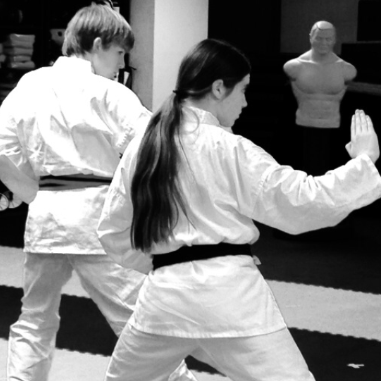An editor’s notebook: coda

All this week, I’ve looked for lessons from the hundreds of thousands of words I’ve edited in the last few years. Here’s a little of what I’ve learned.
Writing is difficult. But with enough practice and good coaching, you can get good at it.
Editing is a higher level of difficulty. The editor must understand the gaps that appear among the writer’s intentions, the reader’s understanding, and the text’s meaning. This requires perspective, since the editor can see from outside the writer’s point of view where the problems may lie. It demands the ability to understand the brilliance — and weaknesses — of a variety of different writers with different styles. It demands a diamond-hard precision in analysis and a subtle sensitivity to writers’ egos.
Beyond that, editing requires not just an ability to see the problem, but ingenuity in identifying a solution. The solution must be true to the writer, the reader, and the content. The editor must determine if the problem is with grammar, terms, tone, organization, meaning, argumentation, ideation, or sheer bloody-mindedness. Every writer has favorite tools to solve problems — metaphor, rhythm, storytelling, lyricism. The editor must be able to deploy all of these, and all the other possible tools any writer might need, to solve the problem.
I believe that my training as a mathematician has helped me to be a better editor. Mathematicians are problem-solvers. They are always seeking a higher level of abstraction, a new perspective that reveals the the most powerful possible solution. They appreciate beauty and elegance. They are completely logical. They invent new methods and terminology to solve problems in new ways. They come prepared with a bag of tricks collected over centuries. All of these same methods help make editors more powerful and more helpful.
A young friend of mine recently expressed the opinion that no one could be talented at both mathematics and writing. This is deeply wrong; I believe the combination of precise logical thinking and the expression of ideas in words are a powerful combination of talents.
As I’ve written these “Editor’s Notebook” posts this week, I’ve recognized the need for a different talent. If the writer needs to know words, and the editor needs to know problem-solving, I needed to know how to explain editing, yet a higher level of abstraction. I think a lot of the best editors could tell you the right thing to do without knowing why or how they know it. Not every musician is a good music teacher, or martial artists is a good karate instructor. But I urge any editors reading this to reflect, not only on what they are telling authors, but why. Self-reflection will further expand your perspective.
What I’ve learned from teaching editing — reflected in these last few posts — is that it requires empathy of a high order. You must understand the writer. You must understand the reader. You must understand where the writer’s problems are coming from and how best to explain why a different approach might be better. And you have to do it in very few words, because the writer is impatient to solve the problem, not read about why they’re impaired.
Humor, logic, empathy, wit, engineering skill, precision, and human psychology: these are the skills of the editor. I’ll never master them all, but the attempt is as worthwhile a human endeavor as I’ve ever experienced.
It’s interesting that you write this, Josh:
I believe that my training as a mathematician has helped me to be a better editor. Mathematicians are problem-solvers.
I feel the same way about consulting and database development. I would solve thorny data-related problems for my clients and the I moved on to books and writing.
Yes, in general, these are different types of problems but they are problems nonetheless. I’d argue that good editors and writers fundamentally solve problems. In a weird way, I feel that my background has helped me to be a more effective writer.
Really enjoyed this series of posts! I agree with you that understanding numbers can also contribute to understanding language. After all, there’s structure in everything, even if we don’t see it right away. Editors bring order to words so that they can clearly express what the writer wants to say, in the same way that numbers bring clarity to quantifying things.
My last year teaching in the US involved me teaching two core subjects: math and English literature. I was able to help my middle school students see the bridge between language and numbers and they had one of their strongest years ever in both subjects.
Thanks for sharing the examples and your thoughts in this series!